
What Is Bleisure and Why Is It on the Rise?
In recent years, a new term has emerged in the world of work and travel: “bleisure.” A blend of “business” and “leisure,” bleisure refers to the practice of combining work-related travel with personal, leisure-oriented activities. This trend has gained traction as more employees see the potential for mixing professional responsibilities with the exploration and enjoyment of new destinations. But what exactly has fueled the rise of bleisure, and why are both employers and employees increasingly embracing this hybrid approach?
The Appeal of Bleisure
At its core, bleisure travel caters to a simple desire: the chance to maximize time spent in a different location by extending a business trip for personal enjoyment. Rather than returning home immediately after completing their work obligations, employees can take extra days or hours to explore, relax, and experience the destination more fully. By combining business and leisure, travelers can make the most of the opportunity to visit new places without needing to arrange separate vacations.
For many, bleisure offers a solution to the demanding pace of modern work life. As more people find themselves struggling to balance heavy workloads with time for relaxation, bleisure provides an answer. It allows workers to unwind and recharge in between business meetings or after a project is completed, contributing to a more balanced and fulfilling professional experience.
The Rise of Remote Work and Flexible Schedules
A significant factor contributing to the popularity of bleisure is the rise of remote work and flexible schedules. As more companies embrace hybrid work models and give employees greater autonomy over their time, it has become easier for workers to extend trips and fit in leisure activities around their professional obligations. A business trip that might have lasted only a day or two can now be extended into a mini-vacation with the help of flexible arrangements.
Moreover, remote work has blurred the lines between office and personal space, making it more acceptable for employees to work from anywhere, even a beach or café halfway around the world. This flexibility has emboldened workers to mix business with pleasure, knowing that they can stay productive from nearly any location. Fake Zoom backgrounds and noise-canceling software, for example, also make it easy for employees to take calls from anywhere while maintaining their professionalism.
Employer Benefits and Support for Bleisure
Many employers are also beginning to see the benefits of bleisure. By encouraging employees to take time for themselves during work trips, companies can foster a more engaged and motivated workforce. Workers who feel that they have opportunities to travel and enjoy life outside of work are more likely to remain loyal and satisfied in their roles.
Additionally, bleisure can be seen as a cost-effective way for companies to boost morale without incurring extra expenses. Rather than paying for an entirely separate vacation, businesses can support employees in making the most of their business travel time, contributing to a happier workforce.
A Growing Trend in the Modern Workplace
Bleisure has quickly transformed from a niche trend into a mainstream approach to business travel, with more companies and workers recognizing its benefits. As work-life boundaries continue to evolve, and the flexibility of remote work grows, bleisure is expected to remain a popular option for professionals seeking balance, adventure, and productivity.
In the future, we’re likely to see more businesses incorporate bleisure into their travel policies, encouraging employees to make the most of their journeys. For today’s workforce, it’s not just about getting the job done but also about finding time for personal growth and fulfillment—even on a business trip.
We’d love to hear from you. Have you taken a bleisure trip? Do you have any tips on making the most of bleisure opportunities?


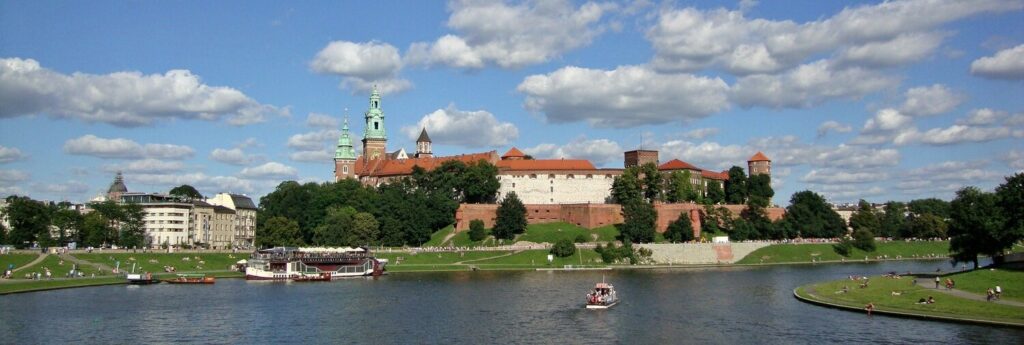
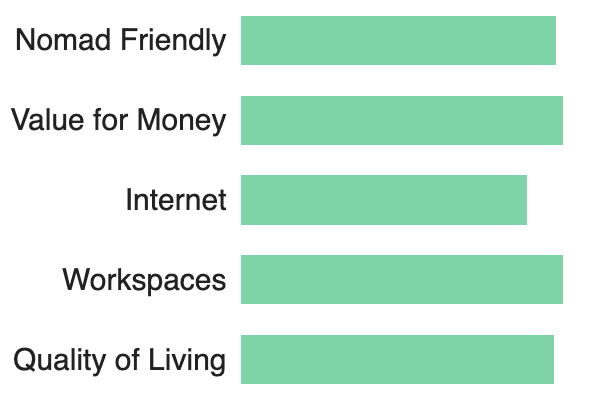

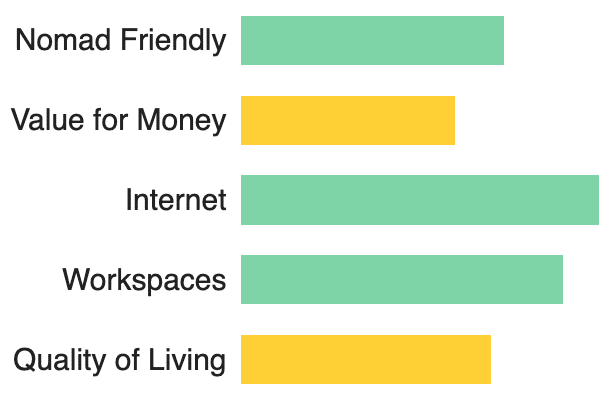

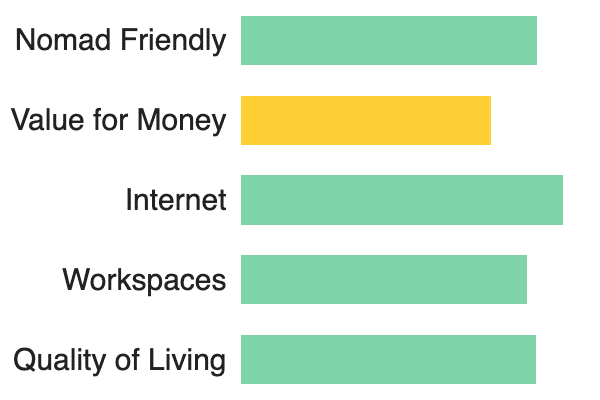
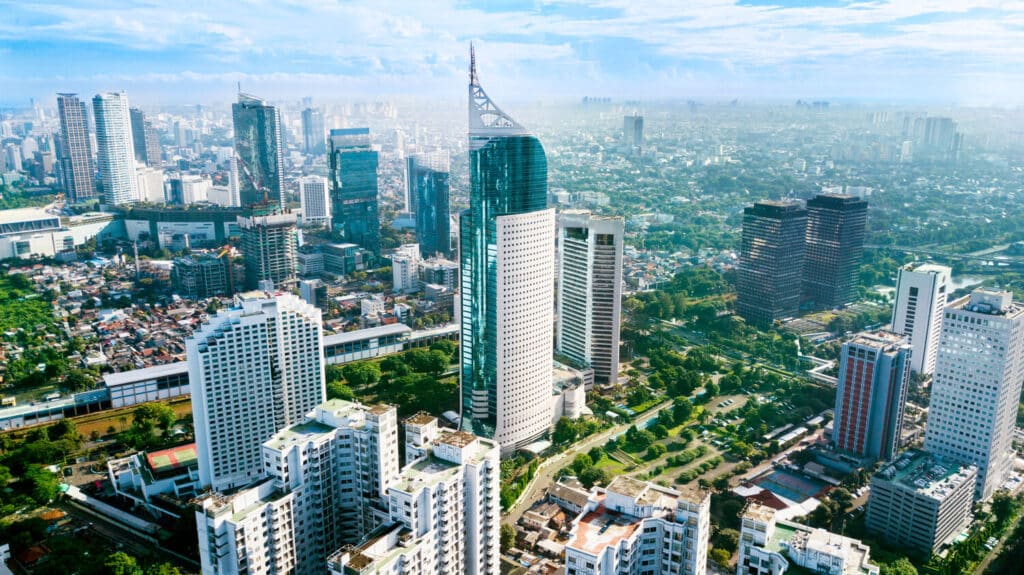
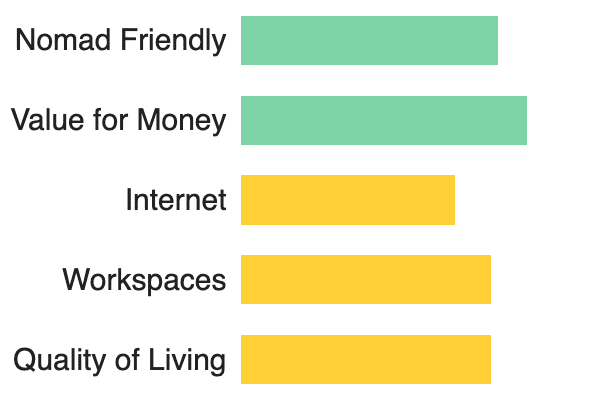

Responses